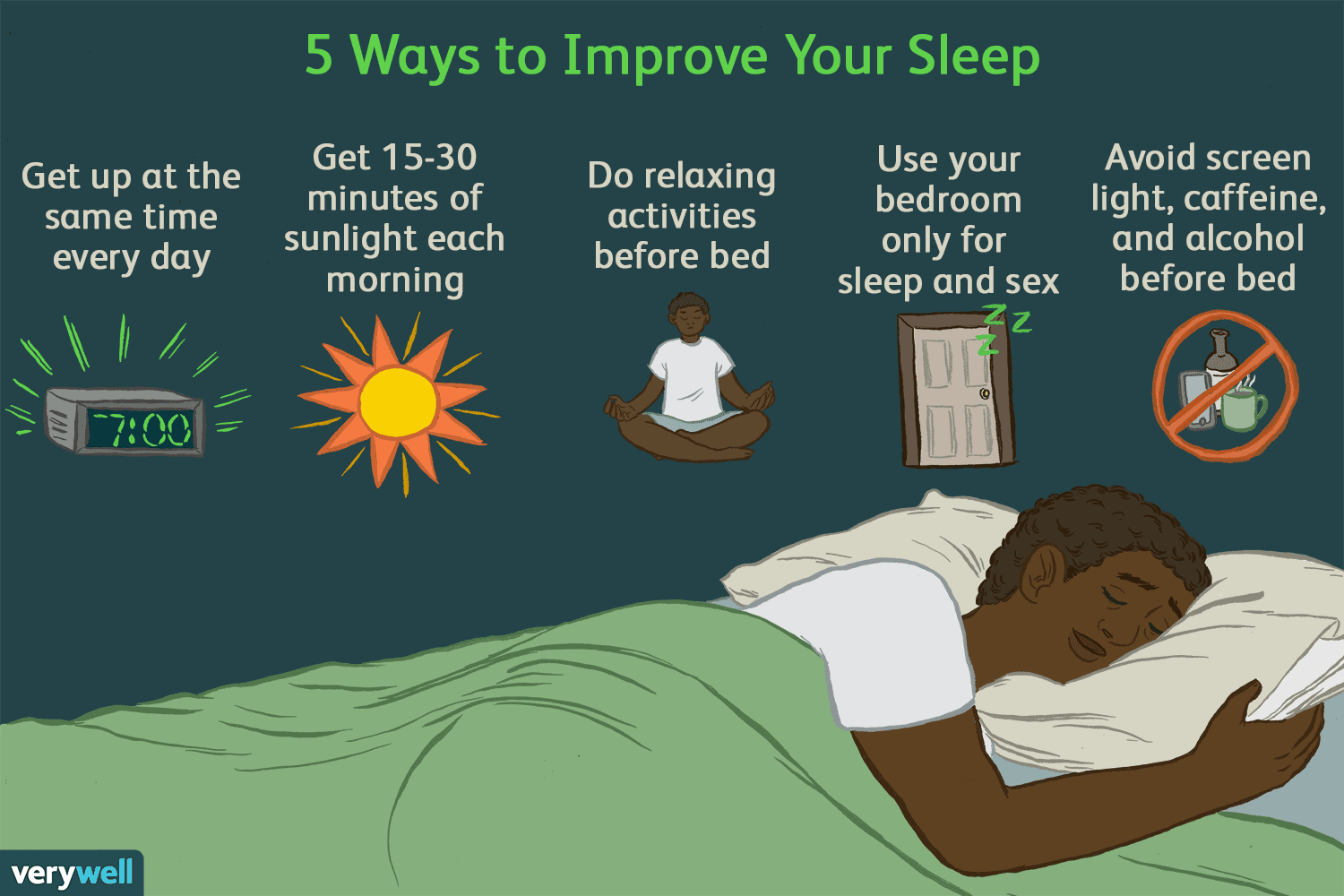Using yoga to improve mental health is an excellent way to relieve stress, improve cooperation, and reduce insomnia. The benefits are many and diverse. The practice involves engaging the student in the healing process, which encourages greater autonomy. The quality of one’s mind is crucial to healing, and a positive state of mind results in faster and more complete healing. Below are the benefits of using yoga to improve mental health. Listed below are just a few.
Integrative yoga
Increasingly, people are looking to alternative therapies like yoga to improve their mental and physical health. Yoga has been shown to reduce levels of cortisol, the body’s primary stress hormone. Cortisol is closely linked to levels of serotonin, the neurotransmitter associated with depression. Therefore, by reducing cortisol, yoga practitioners can increase serotonin levels, easing symptoms of depression. Many addiction treatment programs incorporate yoga into their treatment plans. Those in dual diagnosis programs can even include the practice of yoga as part of their treatment.
Reduces stress
There are many reasons why a regular yoga practice helps relieve stress and anxiety. Yoga exercises stimulate the mind-body connection and are particularly helpful for people suffering from chronic daytime stress. The physiological effects of unmanaged stress are well known, including inflammation, headaches, and muscle tension. But yoga goes beyond physical benefits. Research from Harvard Health demonstrates that yoga regularly reduces stress through a simple mental and emotional relaxation. During yoga sessions, participants experience reduced heart rate, blood pressure, and respiratory rate.
Increases cooperation
Researchers at Stanford University conducted a series of experiments that showed synchrony can increase group cooperation. In other words, when everyone breathes in at the same time, they’re more likely to cooperate. Similarly, when everyone breathes out at the same time, yoga encourages cooperation. These benefits of yoga have important implications for our current times, when routine is becoming more stressful. Here are three ways yoga improves mental health and cooperation.
Reduces insomnia
The research question of whether yoga reduces insomnia was examined by searching the databases of clinical trials, PubMed, and the Cochrane Library. A meta-analysis was performed using the combined data from all 19 studies, including 1832 participants. The authors found that the participants in the Yoga group reported significantly reduced total PSQI scores and improved QOL. In addition, the average length of sleep in the Yoga group was significantly less than in the control group, but this difference was not statistically significant.
Promotes social attachments
Recent studies have suggested that yoga promotes social attachments and, ultimately, helps improve mental health. A Stanford University study, for example, found that a synchronous breathing pattern increases the level of social cooperation in a group. Participants were required to breathe in and out at the same time. This may lead to a reduction in social isolation and, in turn, a decrease in depression. The study’s results suggest that yoga may also promote healthy development and self-regulation in children.
Reduces PTSD symptoms
Researchers recently reported that the practice of Hatha yoga may help alleviate PTSD symptoms. This study, which involves 192 patients, will compare the effects of yoga with a control condition in which the participants did not engage in any type of exercise. It is important to note, however, that 25% of study participants will drop out during the study, and a follow-up is planned to ensure the continued clinical effects of yoga.
Builds mental strength
More clinicians are recommending yoga as an adjunct to psychotherapy. Yoga helps clients cope with stress and heal emotional wounds. Using yoga in conjunction with talk therapy may help clients develop new problem-solving strategies and better understand what’s going on in their lives. Research on the effects of yoga on mental health has been conducted by Melanie Greenberg, a psychology professor at Alliant International University. She notes that yoga can help with a range of mental health conditions, including depression, anxiety, and insomnia.





